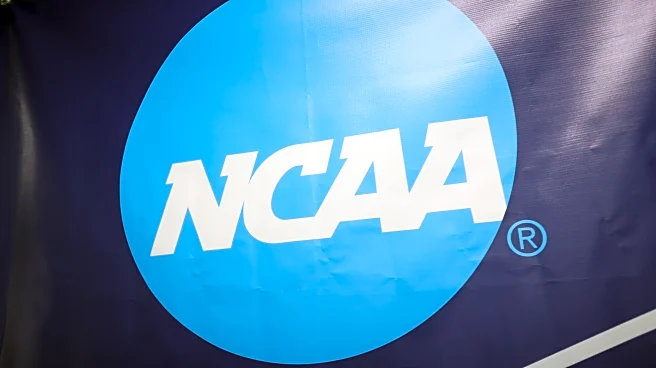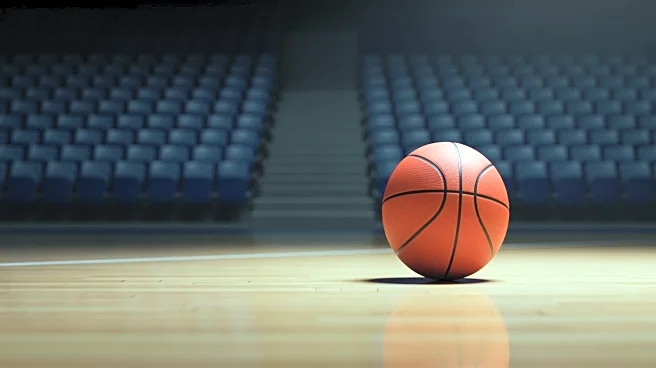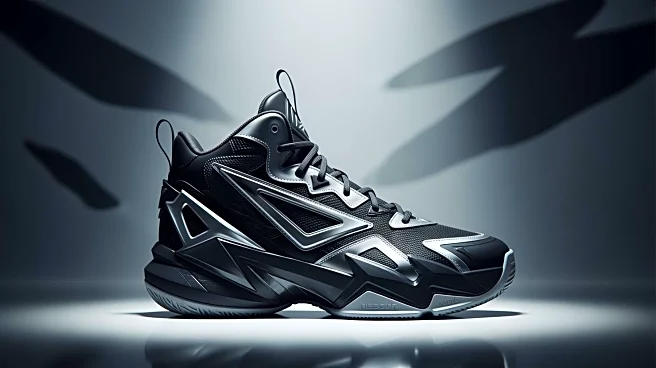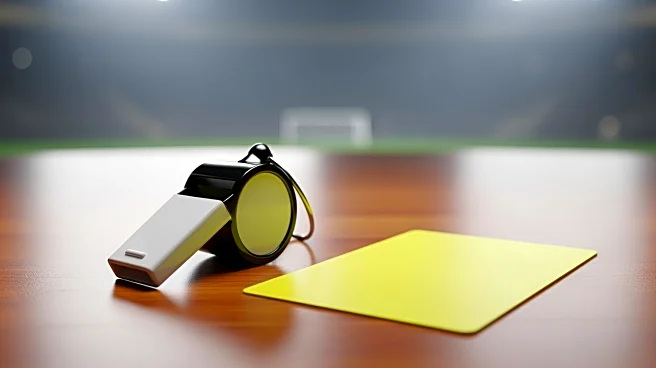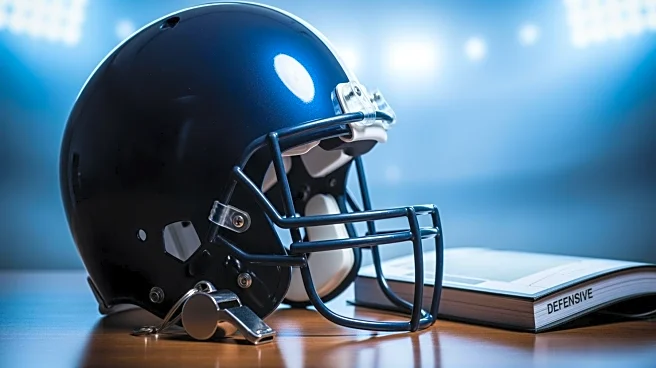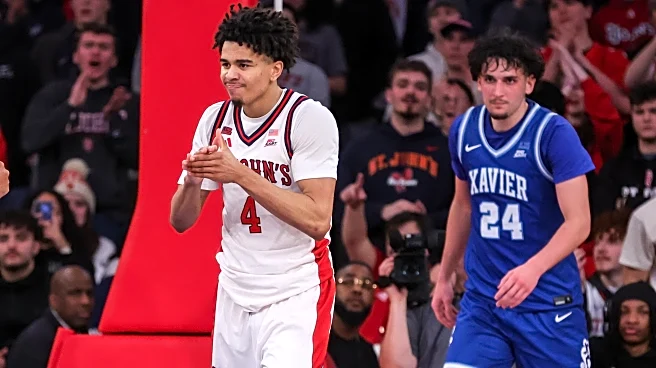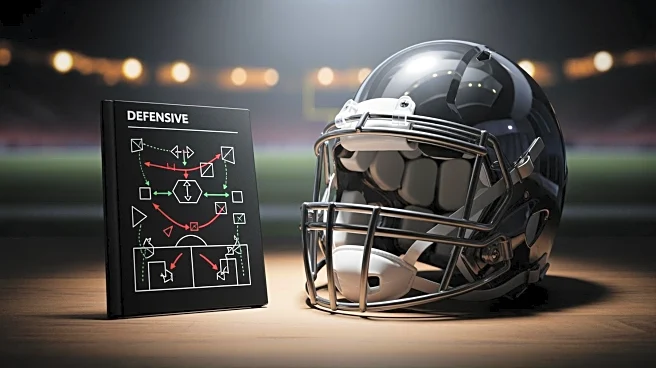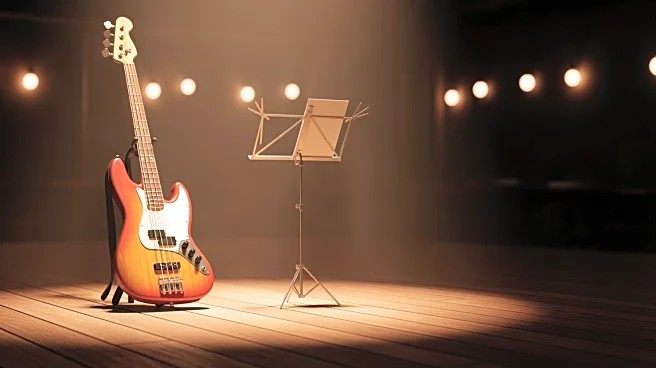On Friday, the Michigan Wolverines finally got resolution from the NCAA Committee on Infractions. As was rumored the past few days, the penalties are multiple, but ultimately well short of anything too damaging to the program long-term. Sure, losing Sherrone Moore for a few games is annoying, but the NCAA specifically chose to avoid any sort of postseason ban (while vacating wins/titles was only ever a possibility on certain message boards).
How exactly did the NCAA come to these penalties? There
were actually a number of violations cited in the press release. To save everyone some time, below are the many accusations levied against the program.
Off-campus, in-person scouting scheme
The bulk of the case centered around everything Connor Stalions, as expected. The relevant information relating to the resulting penalties (not the logistics of his “scheme”):
- “Stalions and other individuals involved in the scheme acknowledged or corroborated this process.”
- “Record materials demonstrated that Stalions had access to prominent coaching staff members, who he stood next to during football games.”
- “Once information became public, Stalions also went to significant lengths to attempt to conceal his efforts.”
However, here is where it gets interesting:
- The panel noted that “the true scope and scale of the scheme — including the competitive advantage it conferred—will never be known due to individuals’ intentional destruction and withholding of materials and information.”
- “The panel went on to note that while the scope may never be known, the intent of the scheme was to gain a competitive advantage over competitors, stating, ‘Regardless of whether it was Stalions or someone acting on his behalf, their physical presence at the game essentially gave them front-row seats to a key element of opponents’ offensive and defensive strategies.’”
This means that, while the NCAA had sufficient evidence to punish Stalions, there is no way to actually quantify what competitive advantage — if any — his efforts provided.
Failure to cooperate
Stalions, Jim Harbaugh, Sherrone Moore, and Denard Robinson “each failed to meet the membership’s expectations of cooperation.”
- Stalions “destroy[ed] relevant materials” and “disposed of his phone in a pond.” He also “violated confidentiality requirements, disclosing information related to the investigation to the public.”
- Harbaugh “refus[ed] to provide necessary records or participating in an interview with the enforcement staff.”
- Moore “initially blamed the deleted messages on storage space, although he eventually admitted to deleting them as a reaction to the news.”
- Robinson “did not respond to the notice of allegations or attend the hearing.”
This was all known/assumed for months and was probably what caused most of the penalties. since failing to cooperate is much more black-and-white than the advanced scouting itself.
Impermissible recruiting
The investigation apparently also uncovered recruiting some violations that were “conducted by multiple football staff members and centered around four prospects.”
- “In the spring and summer of 2023, Clinkscale and Robinson provided limited inducements to a prospect and his family.”
- “Clinkscale provided additional inducements to two other prospects.”
- “From January to April 2023, Minter and former assistant coach Chris Partridge sent a total of nearly 100 text messages to a fourth prospect prior to the permissible recruiting date.”
Ok, sure.
Head coach responsibility/Failure to monitor
Pretty standard stuff here, claiming Harbaugh “violated the principles of head coach responsibility.” Notably, the release claims “his program had a contentious relationship with Michigan’s compliance office, leading coaches and staff to disregard NCAA rules.”
Likewise, the entire Michigan program was charged with a failure “to monitor its football program.” The chief compliance officer claimed they were and her staff were “not welcomed by the football program” and were instead “rebuked, dismissed and disregarded by Harbaugh and his staff.”
In sum, there are a lot of things that Michigan did in fact do wrong, but it is hard to ignore how blatantly even this press release has distain for Harbaugh. The penalties are mostly due to the fact that Michigan, Harbaugh, and Moore are “repeat violators,” not because they significantly altered the competition of the sport, or anything similar that rival fanbases may claim. Stalions’ efforts were expansive and strange, but at the end of the day, their competitive advantage was unquantifiable.
